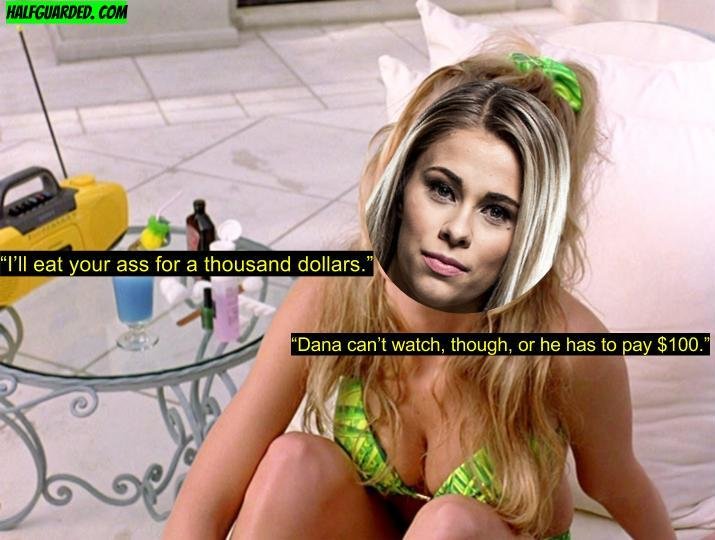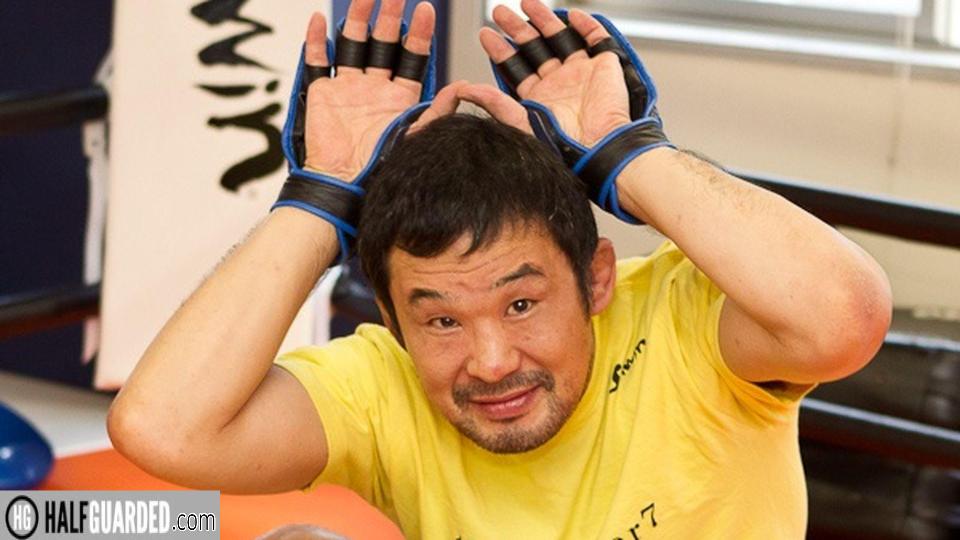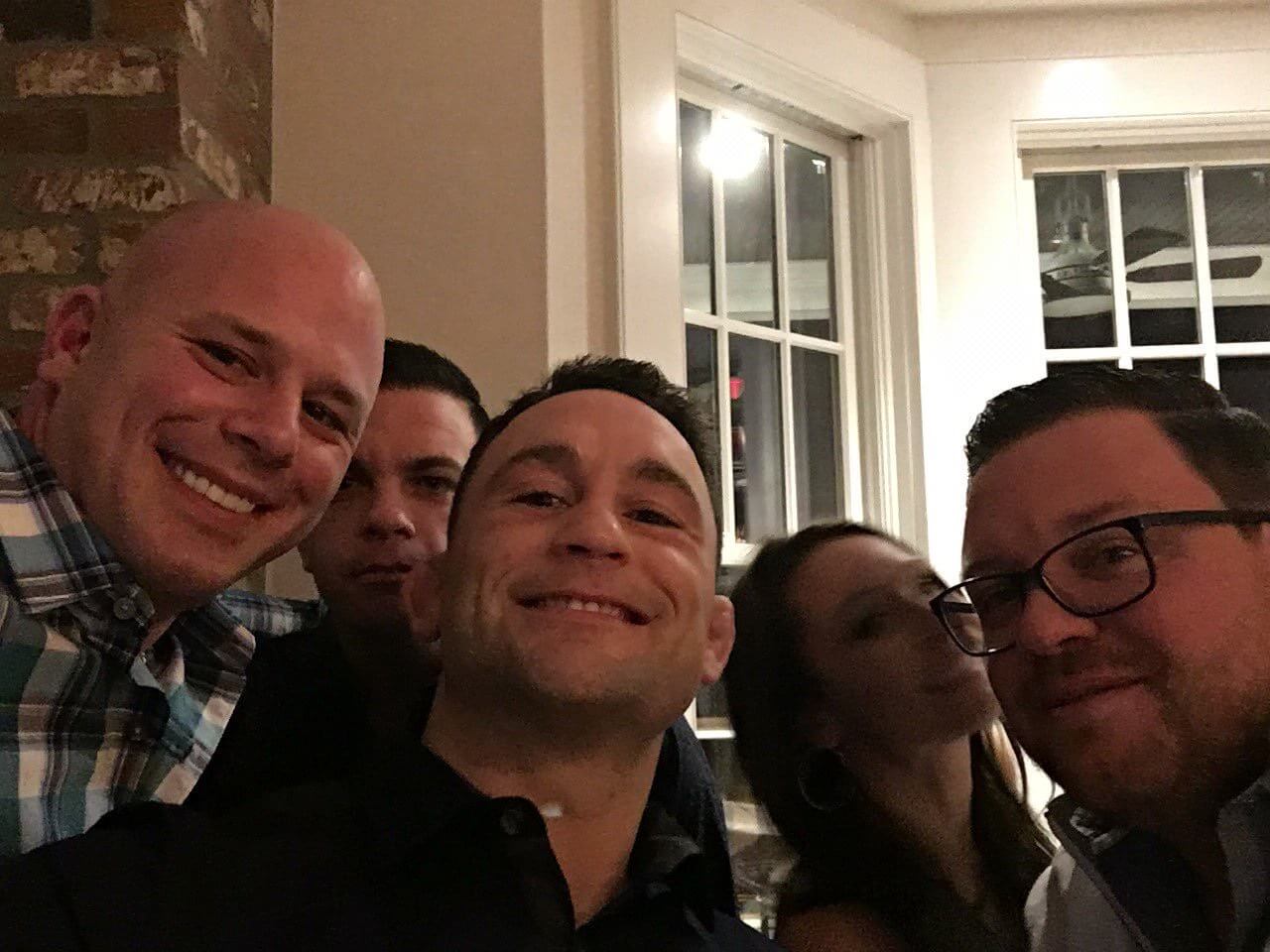The world of mixed martial arts was a very different place on Nov. 18, 2009. The consensus top two heavyweights were Fedor Emelianenko and Brock Lesnar while the two top-ranked light heavyweights were Shogun Rua and Lyoto Machida. Anderson Silva and Georges St-Pierre were in the thick of their lengthy title reigns, and B.J. Penn looked all but unstoppable as lightweight champion.
Ronda Rousey was a year away from having her first amateur fight. Jon Jones was a midcarder doing battle with the likes of Andre Gusmao and Jake O’Brien. Chris Weidman was fighting in Ring of Combat and Daniel Cormier had just had his first pro fight (a TKO of Gary Frazier, if you were wondering.) Robbie Lawler was still reeling from a submission loss to Jake Shields and TJ Dillashaw was still half a year away from making his MMA debut.
That night, 23 year old Jose Aldo finished WEC Featherweight Champion Mike Brown with a flurry of punches in the second round. It was the sixteenth win for the Brazilian prodigy, who had been fighting professionally since he was just 17. And, unbeknownst to the Manaus native, it was the night that transformed him into a fighting god – or, more accurately, the last of the fighting gods.
Since that fateful night in Las Vegas, Aldo has won nine more fights – every last one of them a championship contest. He’s bested venerable vets such as Urijah Faber, Kenny Florian and Frank Edgar and derailed the championship aspirations of hot up-and-comers like Ricardo Lamas and Chan Sung Jung. He’s also defeated the second-best featherweight fighter of the decade, Chad Mendes, not once, but twice.
Over the last six years, virtually every other MMA “god” has fallen. Emelianenko, Silva (both Anderson and Wanderlei), Penn, Rua and Machida have all tasted humiliating defeats. Brock Lesnar was exposed and left the business. GSP unofficially “retired” as champion, but judging from his lackluster showing against Johny Hendricks in his “farewell” bout, one has to wonder how well he would fare against today’s hungry welterweights. Even the more contemporary “immortals” have shown their mortal failings – Jon Jones had to drop his belt for bone-headed behavior outside the Octagon and Ronda Rousey just got knocked off her high horse a few weeks ago in what very well could be the biggest upset in modern MMA history.
Aldo is undoubtedly the last of the titans, the lone champion left bridging the Randy Couture and Chuck Liddell era to the modern MMA world. Alas, as recent combat sports trends have shown, emerging fighters aren’t interested in deifying their elders – indeed, deicide is much more fashionable.
When Aldo won the WEC strap, Conor McGregor was about a year in between professional bouts. At the time, he was barnstorming across Dublin, having accumulated a 3-1 record fighting in organizations with names such as Cage of Truth and Cage Rage Championships. While Aldo went on to fame and fortune in the UFC, McGregor found himself fighting in obscure locales like Letterkenny, Ireland, Kentish Town, England and even Amman, Jordan, battling adversaries like Aaron Jahnsen and Patrick Doherty, who time seems to have completely forgotten. With a 12-2 record, McGregor got called up by Zuffa in 2012; since then, he has won six straight bouts, including five TKOs over the like of Dustin Poirier, Dennis Siver and yes, even Chad Mendes, in a symbolic shift from consensus number three featherweight to the new divisional number two.
The Irishman’s path from obscurity to unexpected stardom eerily parallels Aldo’s ascension. The same way McGregor struggled through a plumbing apprenticeship while boxing on the side, the Brazilian teen with a passion for capoeira moved to Rio de Janiero with virtually nothing to hone his MMA craft (even late into his WEC days, Aldo was so poor that his training partners had to pay for his meals.) Despite growing up more than 5,000 miles apart, both men are remarkably similar rags-to-riches success stories; adding to the staggering list of parallels, each initially pursued soccer as a means of escaping from their impoverished upbringings before finally crossing over to MMA.
As the de facto birthplace of mixed martial arts, Aldo is nothing less than a national icon in Brazil. Similarly, McGregor has become the “Great White Hope” not only for the U.K., but indeed, the entire Western MMA market. In the wake of Ronda Rousey’s loss to Holly Holm, the UFC 194 tilt between Aldo and McGregor takes on an entirely different resonance; more than just an ethnic-tinged clash between high-caliber, undersized fighters, it very well could dictate the future trajectory of the entire sport.
From a marketing standpoint, the UFC wants McGregor to win this bout and direly. As fervent a fan base as there is in Brazil, an Aldo loss would hardly put a dent in TV spectatorship or attendance numbers. However, if McGregor is to lose on Dec. 12, it represents a huge blow to the company’s promotional plans. McGregor is arguably the only true breakout, multimedia male star the UFC has had since Brock Lesnar, and having a light-skinned, English-speaking champion with grade A trash-talking skills is an advertisers’ dream come true – especially considering the motorcycle drivin’, Bud sippin’, “Call of Duty” playin’ post-dudebro composition of the UFC television base.
Rousey’s unexpected loss unquestionably puts even more pressure on McGregor to succeed. Whereas Rousey’s next bout will still bring in close to a million Pay-Per-View buys, a 6-1 in UFC competition McGregor is a much harder sell. Rousey has already reached the apex of her crossover stardom, whereas McGregor’s media transcendence would just begin with a Featherweight Championship victory. With a relatively boring heavyweight and light heavyweight title fray, a McGregor win would also shift the overall media focus towards the much more competitive – and traditionally unheralded – sub 155-pound weight classes. Having McGregor as champion would generate more interest in other emerging featherweights and bantamweights by proxy – in a best-case scenario, not only would McGregor’s UFC 194 win be a star-making performance, it would ultimately produce its own miniature cosmos of marketable challengers and contenders.
Just in terms of sheer economics, the UFC has everything to gain from a McGregor win and practically nothing to gain from an Aldo victory; indeed, an Aldo win – barring the fight is an intense, back-and-forth five-rounder with a controversial decision garnering an immediate rematch – would realistically represent the loss of substantial revenue.
The Octagon, however, is not a controlled environment. Once the opening bell sounds, all bets, quite literally, are off. Marketing plans and advertising arrangements and media appearances mean nothing. One slip-up or one lucky punch can have irreversible financial ramifications, but that’s the last thing on the minds of the two men doing battle in the cage. Their only long-term aspirations? Not getting knocked unconscious are choked out over the next five minutes.
We can argue and bicker and play armchair brand strategist over the “significance” of the upcoming Aldo/McGregor bout, but that’s missing the point of MMA altogher. This sport isn’t about global marketing initiatives or TV deals or catering to high-income demographics – it’s just about seeing who, on one night at least – is the better of two fighters.
On Dec. 12, we’re going to find out whether the Last God or the Irishman is the superior athlete. And in the world of MMA – where supernatural beings routinely smite cocky earthlings with miraculous submissions and mere mortals slay divinity with errant kicks and punches– that’s all that’s ever really mattered.
And don’t forget, all month long we’ll be featuring our 27 UFC Gifts for the Fight Fan in your life post just for you so you can make Christmas easier on yourself while also being a hero!













Comments 2